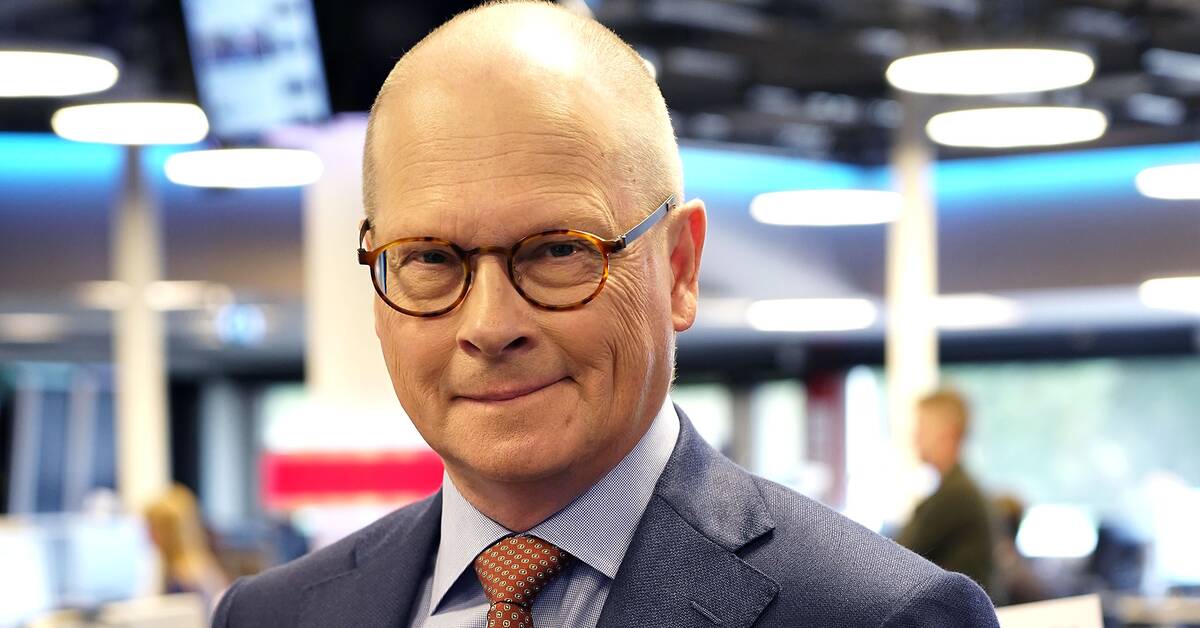When the Climate Policy Council yesterday presented its annual review of climate policy, the EU received approval for its actions, while the Swedish government was criticized for pursuing a policy that drives up emissions. The background is, among other things, the government's measures such as abolishing the environmental car bonus, reduced tax on fuel and the plans to sharply reduce the reduction obligation.
On Thursday, another move came from the largest party in the government, the Sweden Democrats.
SD's economic policy spokesman Oscar Sjöstedt not only said no to new wind turbines, he also said he wanted to "remove" already built wind turbines. Statements that generated a lot of attention and led to harsh criticism, including from Climate and Environment Minister Romina Pourmokhtari (L).
The conflict exposes the rift that exists between the governing parties and the cooperation party, the Sweden Democrats.
The wind turns for wind power
Prime Minister Ulf Kristersson (M) is therefore unlikely to be satisfied with Oscar Sjöstedt's statements.
After the election, Ulf Kristersson and his party have spoken increasingly positively about wind power and Kristersson's message is always that all electricity is needed, regardless of how it is produced. We hear the same message from the Christian Democrats' party leader, Energy Minister Ebba Busch, who has pivoted from being skeptical to saying that more wind power is needed.
An important explanation is, of course, the demands of the business community, where not least the Confederation of Swedish Enterprise has demanded continued expansion of nuclear power. The need for electricity in Sweden is expected to increase sharply in the future.
SD skeptical ethos of wind power
However, the Sweden Democrats seem to maintain their negative view of wind power and the statements by Oscar Sjöstedt can be interpreted as the party wanting to emphasize this to its voters.
SD has a skeptical ethos of wind power and refers to its dependence on the weather. However, sd's official party line contains no proposals to demolish existing wind turbines. On the other hand, the party wants to maintain a strong municipal veto on wind power construction.
The fact that the spotlight is now on the government's climate policy is perceived as difficult by the Liberals in particular, but also by the Moderates. Both of these parties want to attract voters in metropolitan areas, and it is unlikely to get any easier if the parties in the debate are accused of pursuing anti-climate policies.
The reduction obligation – a difficult climate issue
Another difficult climate issue for the government is also underway. It is about the reduction obligation, i.e. that the proportion of biofuel is gradually increased in gasoline and diesel to reduce carbon dioxide emissions. But this has also contributed to more expensive fuel, which is an important explanation for the government's promise of a sharp reduction in the reduction obligation next year. But the parties in the government base are divided in their views on how much the reduction obligation should be lowered.
Before the election, M and SD, among others, talked about it being reduced to 5-6 percent. Now the SD is demanding that it be abolished completely, something that has been dismissed as impossible to accept by the Liberals' party leader Johan Pehrson.
How the government negotiations end is of course still impossible to draw any firm conclusions about, but SD has threatened a "government crisis" if it does not achieve success in these negotiations. The issue is thus both difficult and important for the government.
The greater the reduction obligation, the more Swedish carbon dioxide emissions will increase. This means that the more satisfied SD becomes with a deal on the reduction obligation, the harsher the criticism will be of the government for missing the climate goals.

